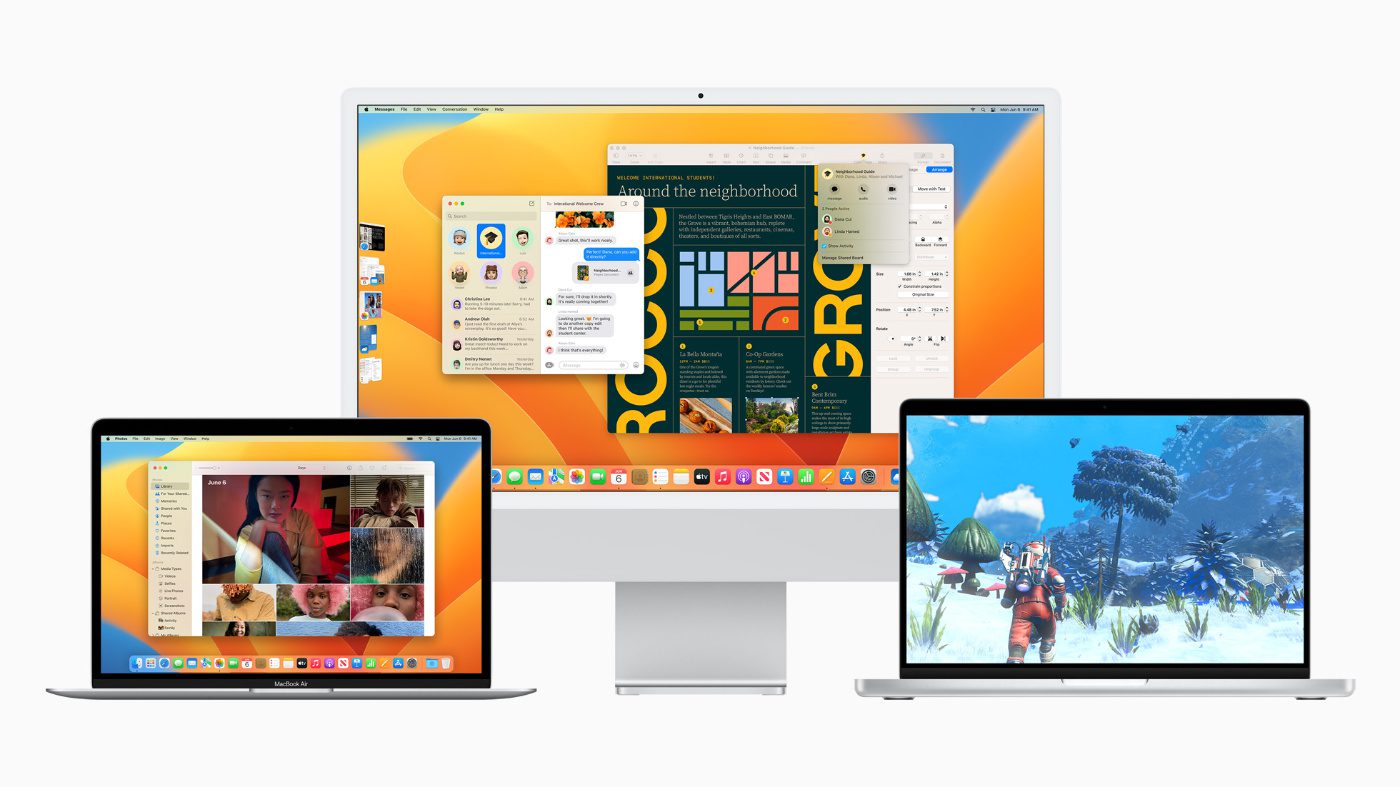
The next version of macOS is here. Apple on Tuesday launched macOS Ventura to the public for and the OS update can now be downloaded.
The following Macs are supported by Ventura:
- iMac and iMac Pro (2017 and newer)
- MacBook Air (2018 and newer)
- MacBook Pro (2017 and newer)
- Mac Pro (2019 and newer)
- Mac mini (2018 and newer)
- MacBook (2017 and newer)
- Mac Studio
If you have one of these Macs you can install Ventura by opening System Preferences > Software Update.
Here’s a quick overview of what to look forward to in macOS Ventura:
- Stage Manager, the feature that allows for windowed apps on M1-powered iPads, is also coming to the mac through macOS Ventura. The new multitasking view is an interesting new take on the dock and Mission Control, remixing existing features into something new. Groups of applications are now held in a new vertical dock along the left side of the screen.
- In Ventura, System Preferences has also undergone an iOS-inspired refresh.
- Using an iPhone as a webcam on macOS is now natively supported as a feature called Continuity Camera.
- Apple is also introducing an ambitious platform to do away with passwords. Anyone who’s had a password compromised through a database leak or email hack can attest to what a nightmare it can be to filter through accounts and confirm privacy settings. In the proposed new system Touch ID or Face ID can be used to generate cryptographic hashes to substitute for a password entry. No data is stored on an account server and therefore, accounts would be less prone to being compromised.
- An updated Metal framework brings temporal scaling to Apple’s lineup of hardware, which means that games can be developed with, say, an iPhone in mind, but can then be transformed to look fantastic on the larger screen found on an iMac.






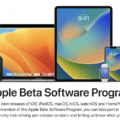
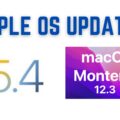
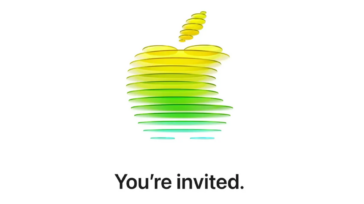
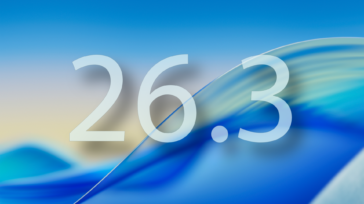

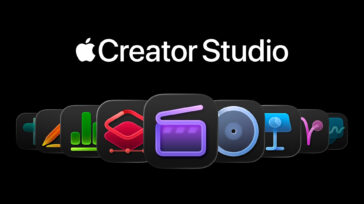


If you have a MacPro Pre 19 you can’t upgrade?
What? The 21013 MacPro has fallen off the list?
While Apple may not support the 2013 Mac Pro with Ventura, we still support it with SoftRAID version 7.
Have to wait for Softraid update before going to OS13.